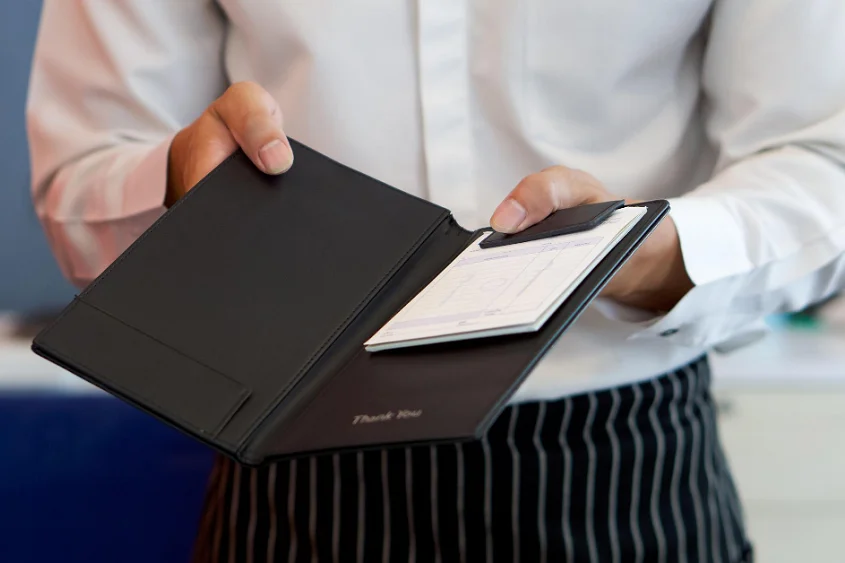Success Stories of Startups Effectively Leveraging Intellectual Property (IP)
- July 19, 2023
- By Sarita Thomas
- Read 4 minutes
Explore success stories of startups effectively leveraging their intellectual property (IP) to achieve remarkable growth and market success. Discover how Tesla, Airbnb, Fitbit, Nest Labs, Peloton, Slack, and Warby Parker strategically utilized their IP assets. Gain valuable insights into the impact of IP on business success.
In today’s highly competitive business landscape, startups face numerous challenges in establishing their market presence and gaining a competitive edge. One powerful tool that startups can utilize to protect and leverage their innovations is intellectual property (IP). This article explores success stories of startups that have effectively leveraged their IP to achieve remarkable growth and market success. By examining these examples, innovators and entrepreneurs can gain valuable insights into the strategic use of IP and how it can drive business success.
Case Study 1: Tesla Motors
Tesla Motors, founded by Elon Musk in 2003, has revolutionized the electric vehicle (EV) industry. One crucial aspect of Tesla’s success has been its effective utilization of IP. Tesla holds numerous patents related to battery technology, autonomous driving systems, and energy storage solutions. Tesla held over 1,000 patents in the United States alone. However, what sets Tesla apart is its open-source approach to IP. In 2014, Elon Musk announced that Tesla would not initiate patent lawsuits against anyone using their technology “in good faith”. This move encouraged collaboration and innovation within the EV industry, propelling Tesla to become a dominant player while simultaneously advancing the entire industry forward.
Case Study 2: Airbnb
Airbnb, the renowned online marketplace for short-term lodging and tourism experiences, has demonstrated a keen understanding of the value of IP. Early on, Airbnb faced numerous legal challenges from traditional hotel associations and regulatory bodies. To protect its business model, Airbnb built a strong IP portfolio that included trademarks, copyright protections, and proprietary algorithms. Airbnb held 47 registered trademarks worldwide, safeguarding its brand identity. By leveraging its IP, Airbnb was able to establish its brand and defend against legal threats, ultimately becoming a global leader in the hospitality industry.
Case Study 3: Fitbit
Fitbit, a pioneer in the wearable fitness technology industry, effectively utilized its IP to establish market dominance. Fitbit’s IP strategy focused on patenting its innovative wearable devices and fitness tracking algorithms. Fitbit had been granted over 350 patents in the United States alone, protecting its technological advancements. By safeguarding its technology, Fitbit created a strong competitive advantage, making it challenging for competitors to replicate its products and services. This IP-driven strategy enabled Fitbit to capture a significant market share and build a recognizable brand in the highly competitive fitness tech sector.
Case Study 4: Nest Labs
Nest Labs, a smart home technology company co-founded by Tony Fadell and Matt Rogers, successfully leveraged its IP to transform the home automation market. Nest’s IP portfolio consisted of patents for its smart thermostats, smoke detectors, and security systems. Nest Labs held over 650 patents globally. By strategically licensing its IP to other manufacturers, Nest created a network effect, expanding its product ecosystem and accelerating market adoption. Google’s acquisition of Nest Labs for $3.2 billion in 2014 further solidified its success as a startup that effectively leveraged its IP.
Case Study 5: Peloton
Peloton, the leading provider of interactive fitness products and services, utilized its IP to disrupt the traditional fitness industry. Peloton’s IP strategy included patents for its stationary bikes, proprietary software, and live streaming technology. Peloton had been granted over 80 patents in the United States, protecting its innovative technologies. By establishing a robust IP portfolio, Peloton not only protected its products from imitators but also forged valuable partnerships with fitness influencers and celebrities. This IP-driven approach, combined with a compelling content platform, propelled Peloton’s rapid growth and solidified its position as an industry leader.
Case Study 6: Slack
Slack, the widely used team communication and collaboration platform, has effectively leveraged its IP to become a dominant player in the enterprise software market. Slack’s IP portfolio includes patents for its messaging protocols, real-time collaboration tools, and integration capabilities. Slack held over 80 granted patents in the United States. By protecting its technological innovations, Slack established itself as a leader in the space and attracted millions of users worldwide. Slack’s success demonstrates the importance of IP in establishing a strong market position in the competitive software industry.
Case Study 7: Warby Parker
Warby Parker, a direct-to-consumer eyewear company, has successfully utilized its IP to disrupt the traditional eyewear industry. Warby Parker’s IP strategy includes design patents for its unique eyeglass frames and trademarks for its brand identity. By protecting its designs and brand, Warby Parker differentiated itself from traditional eyewear retailers and built a loyal customer base. Warby Parker had obtained numerous design patents and trademarks. This IP-focused approach has allowed Warby Parker to establish a strong market presence and challenge industry incumbents.
The success stories of Tesla Motors, Airbnb, Fitbit, Nest Labs, Peloton, Slack, and Warby Parker highlight the critical role of intellectual property in startup success. These companies strategically leveraged their IP assets to establish market dominance, defend against competition, and drive innovation. By protecting their innovations through patents, trademarks, and copyrights, these startups created sustainable competitive advantages and built strong brand recognition.
The data and facts showcased in these case studies provide evidence of the tangible impact of IP on business growth. Startups seeking to emulate their success should recognize the value of their own IP assets and consider utilizing the services of companies like Maxinov for patent search, patent drafting, patent intelligence, and patent analytics. Through expert guidance and analysis, startups can maximize the value of their IP assets and navigate the complex landscape of intellectual property, ultimately achieving their business goals.
Sarita Thomas
Latest Blogs
Blog Categories
- Intellectual Property (IP) Strategy (84)
- Intellectual Property Asset Management (IPAM) (17)
- IP Monetization (4)
- IP News (7)
- Patent Drafting (2)
- Patent Litigation (6)
- Patent Prosecution (8)
- Patenting (18)









No comment yet, add your voice below!